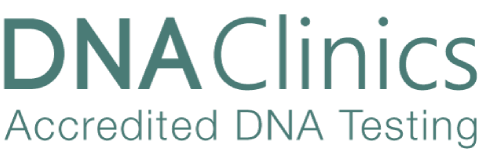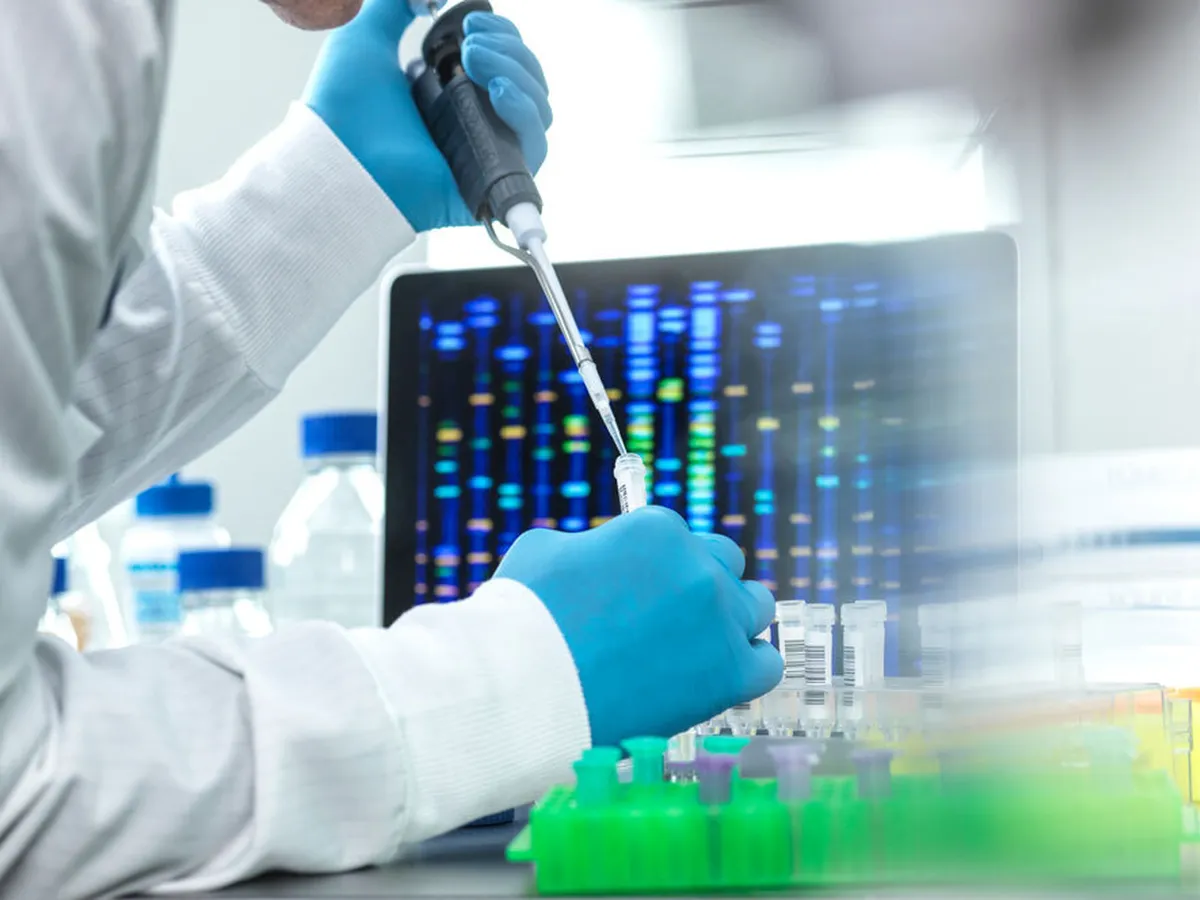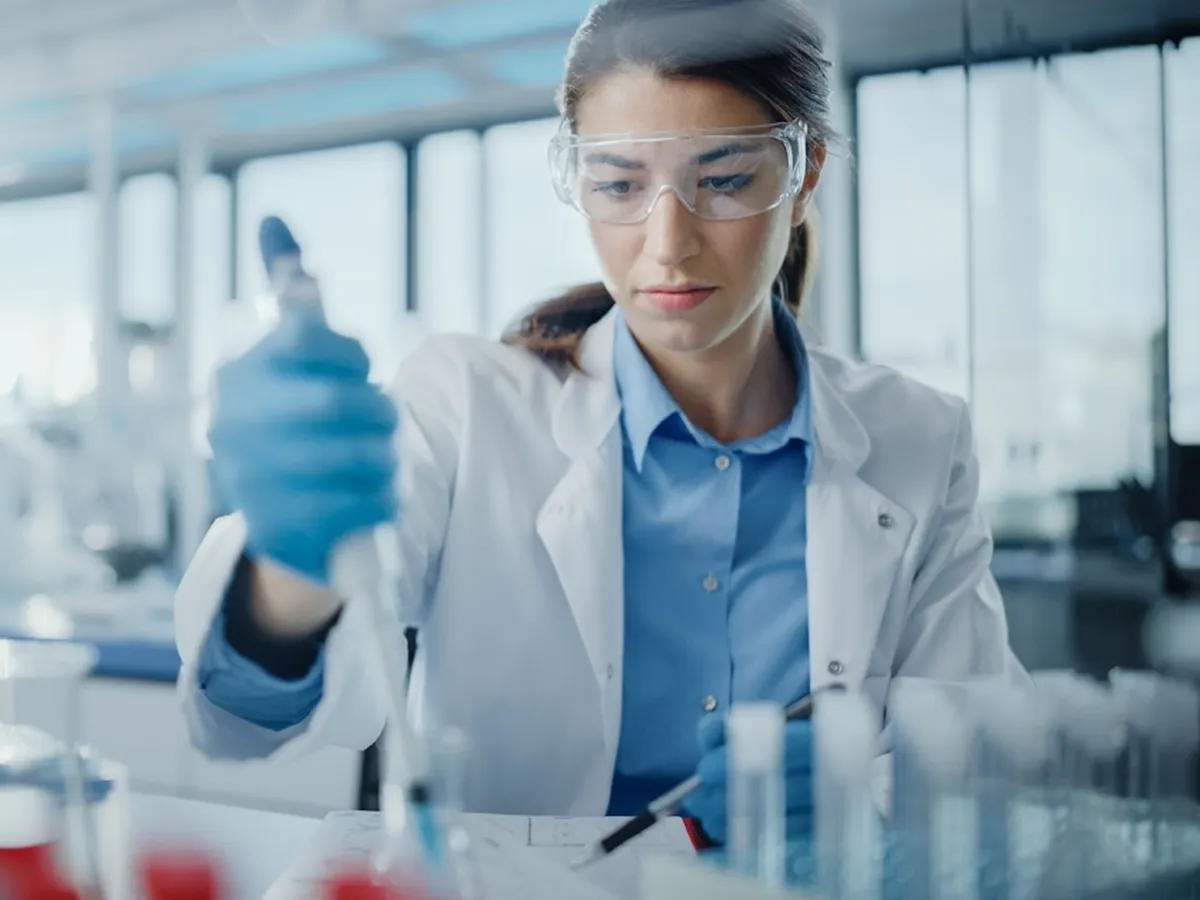How accurate is a DNA paternity test?
Undertaking a DNA paternity test can be quite daunting. However, one aspect of the testing process you can rely on is the accuracy of results from DNA Clinics.

How accurate is a DNA paternity test?
The first thing to mention is UKAS accreditation. Are your samples being analysed in a UK based laboratory that is accredited to UKAS 17025? If the answer is yes, then you can be rest assured that the testing facilities and processes meet the strict laboratory standards set by the United Kingdom Accreditation Service.
Also, is your chosen provider based in the UK? There are many companies that may have UKAS accreditation, but your samples are sent overseas to be tested.
Once you are happy that you are using a UK based company with the appropriate credentials, the next step is to consider the sample collection options. There are a few options, and it really depends on your circumstances and what you are trying to achieve with the results. We list some of the options below for you:
- Attend an appointment at a DNA Clinic to have your mouth swab samples taken by a sample collection officer. In addition, we will guide you through the paperwork.
- Have one of our certified sample collection officers attend your location.
- Order a paternity self-collection kit. You can order these online, which includes the Boots paternity DNA test kit.
If you opt for option 1 or 2, both legal paternity DNA testing and peace of mind testing is available. For the self-collection option, only the peace of mind paternity test is offered. This is because all test participants must have their identity legally verified for a legal DNA test at the appointment.
Next, quality checks are undertaken by our team in Manchester on both the samples and paperwork. All administration processes involved in the quality check are certified to both ISO 9001 quality and ISO 27001 Information security management systems. Again, providing you with the assurance of attention to detail and chain of custody over your samples and paperwork.
After this, your samples are prepared for analysis in the laboratory.
How accurate is the science in paternity DNA testing?
The paternity DNA test is almost 100% accurate at establishing whether a man is the biological father of a child.
Below we have listed examples of what you would expect to see on paternity test report.
For a positive paternity test result, when the biological mother has taken part in the test, we would expect to see at least 99.9999% probability for inclusion as the biological father.
For a negative result, in other words the man is excluded as the biological father, the percentage probability would be zero.
Even when the mother does not take part in the paternity test, the probability for inclusion is still as high as 99.99%. In this case, the test would still be reported as positive as paternity is practically proven.
Why is the paternity test result not 100%?
This is a statistical quirk! For a paternity test result to be 100%, we would have to test every single male in the world. Of course this is not possible, so as long as we achieve 99% or more probability, paternity is practically proven.
What can affect the results of a paternity DNA test?
DNA relationship testing has been around for a long time now, and the science is well established. As a result, the software and databases used in the laboratory analysis to establish biological relationships are extensive.
When individuals opt for collecting their own DNA samples using a self-collection kit, there are times when samples can get mixed up or contaminated. In this case, the laboratory can identify the problem and request new samples.
In addition, if potential biological fathers are related, this is something we need to know about. This is because the DNA between related male individuals will already be closely matched. So we will require DNA samples from all related males to establish the true biological father.
Other factors include genetic mutation or a recent bone marrow transplant. However, this is very rare and our Clinical Advisors are on hand to provide technical support and advice when needed.
Service related articles...
Head Office
Crystal Health Group
The Old Chapel
Manchester
M30 0NG






